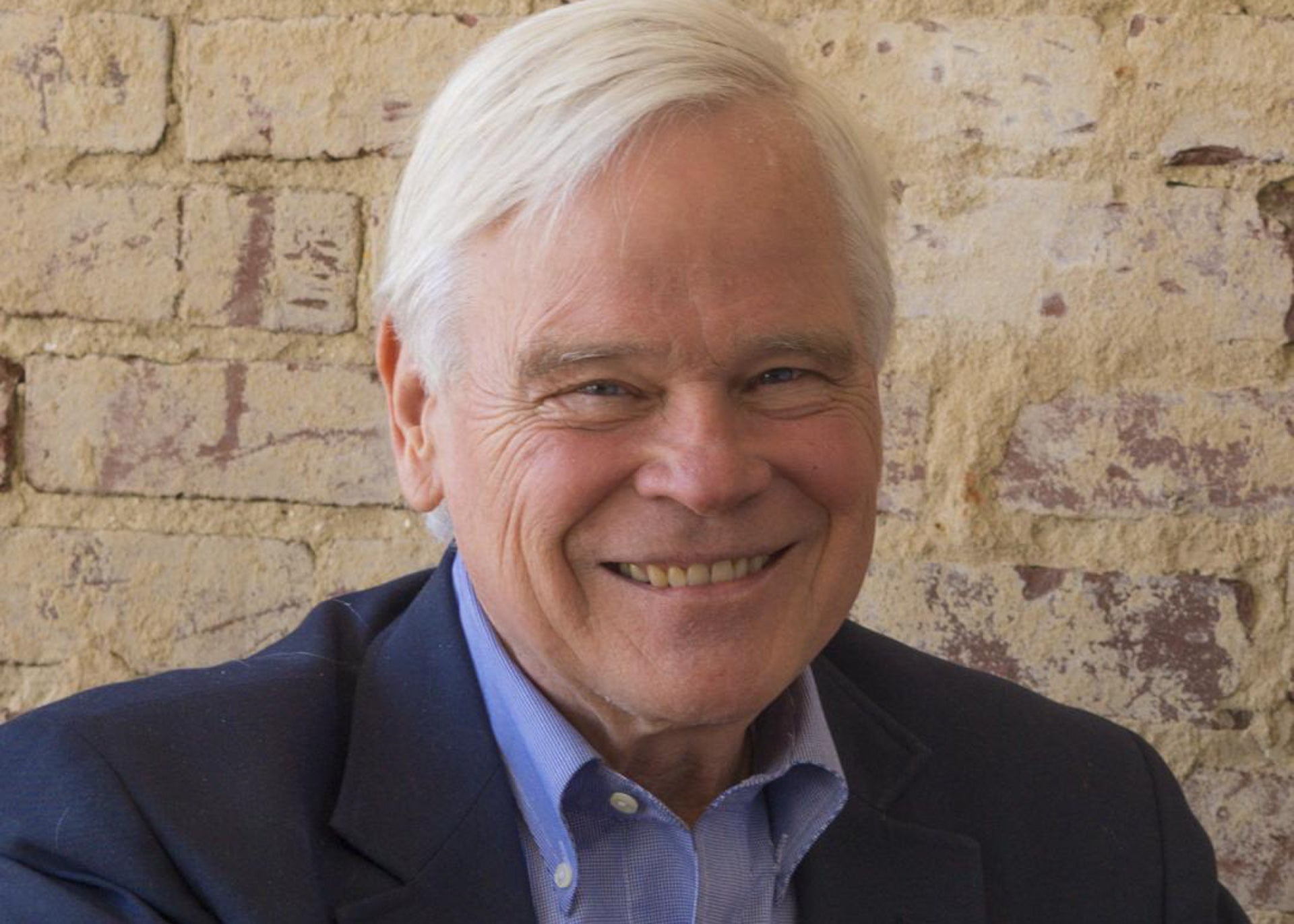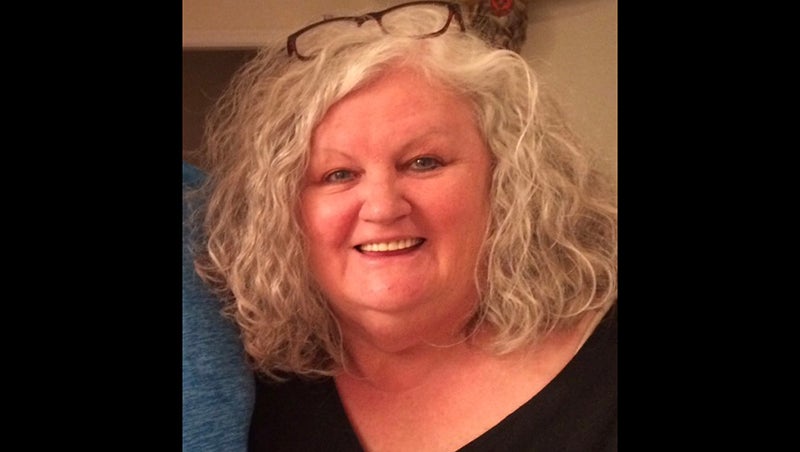One on One: Finding the best for PBS NC
Published 7:09 am Friday, February 25, 2022

- D.G. Martin
|
Getting your Trinity Audio player ready...
|
By D.G. Martin
Earlier this month Lindsay Bierman, leader of North Carolina’s public television network since August 2019, resigned to become executive director and CEO of the Exploratorium, a popular museum in San Francisco. There he will be close to his aging parents.
In leaving after little more than two years on the job, Bierman is following the example of his immediate predecessor, Brian Sickora, who worked from July 2016 to October 2019 before resigning to become an executive in a cannabis cultivation and distribution business.
Both Sickora and Bierman will be remembered for the name changes that took place while they were on the job. UNC-TV became North Carolina Public Media under Sickora and PBS NC under Bierman.
They did more than change the name, of course. Each made plans and recruited new staff. But neither stayed long enough to make and leave a long-term mark on the network.
How will PBS NC secure a long-term leader to stabilize and guide it in responding to the needs of the state and adapting to a changing technological landscape?
The network comes under the direct supervision of the president of the University of North Carolina, which holds the licenses to its 12 stations spanning the state.
Finding a new leader should be a top priority for the current UNC president, Peter Hans.
Hans would be well served to follow the example of an earlier UNC president.
In the early 1990s when C.D. Spangler was president, long-time TV director Jake Dunlop was preparing for retirement. Spangler assigned his vice president for communications, Wyndham Robertson, the responsibility for leading a search to find the best public TV executive in the nation. Robertson, who had been a leading writer and editor for Fortune magazine, was comfortable dealing with powers in the communications business nationwide and knew the right questions to ask as she went scouting.
Robertson set out to identify the best public TV leaders. She traveled across the nation, connected with knowledgeable people and attended several PBS annual meetings. She kept asking “who is the best public TV manager in the country?”
Ultimately, she brought to Spangler a group of candidates, both people who had worked for Dunlop and others from across the country. The group included Tom Howe, then second in command at the public TV station in Seattle.
Although there were also talented people on UNC-TV’s staff, she believed the network could use the fresh thinking of an outsider and the approach of a seasoned manager, which she perceived Howe to be.
Howe and his wife Lindi uprooted and moved to Fuquay-Varina. He led the network for more than 20 years. There were some difficult moments. But under his leadership, the North Carolina network achieved national recognition as one of the best in the country.
Robertson emphasizes that the job is a tough one, but the network has unique strengths. It is a statewide enterprise with almost 100 percent of the state’s TV viewers within its reach. Except for a community college sponsored station in Charlotte, the network has a monopoly on public TV viewers and potential donors.
In most states the size of North Carolina, major cities have their own separate public TV stations, picking what programs to show, creating their own programing and competing with each other for contributions and sponsors.
In North Carolina, viewers from the coast to the mountains watch the same programming simultaneously and benefit from the economies that result from spreading administrative and fundraising costs across the 12 stations. The legislature has supported the network, through appropriations to the university, because the system serves all North Carolinians.
The new director must understand these advantages and have the imagination, drive and commitment to exploit them.
We can hope that UNC President Hans will take a clue from Spangler and make a well-run public broadcasting network a passion and commit to find another talented broadcaster to take the helm at PBS North Carolina, one who will stick around as Tom Howe did.
D.G. Martin hosted “North Carolina Bookwatch” for more than 20 years. To view prior programs, visit https://video.pbsnc.org/show/nc-bookwatch/episodes/.
READ ABOUT NEWS AND EVENTS HERE.






